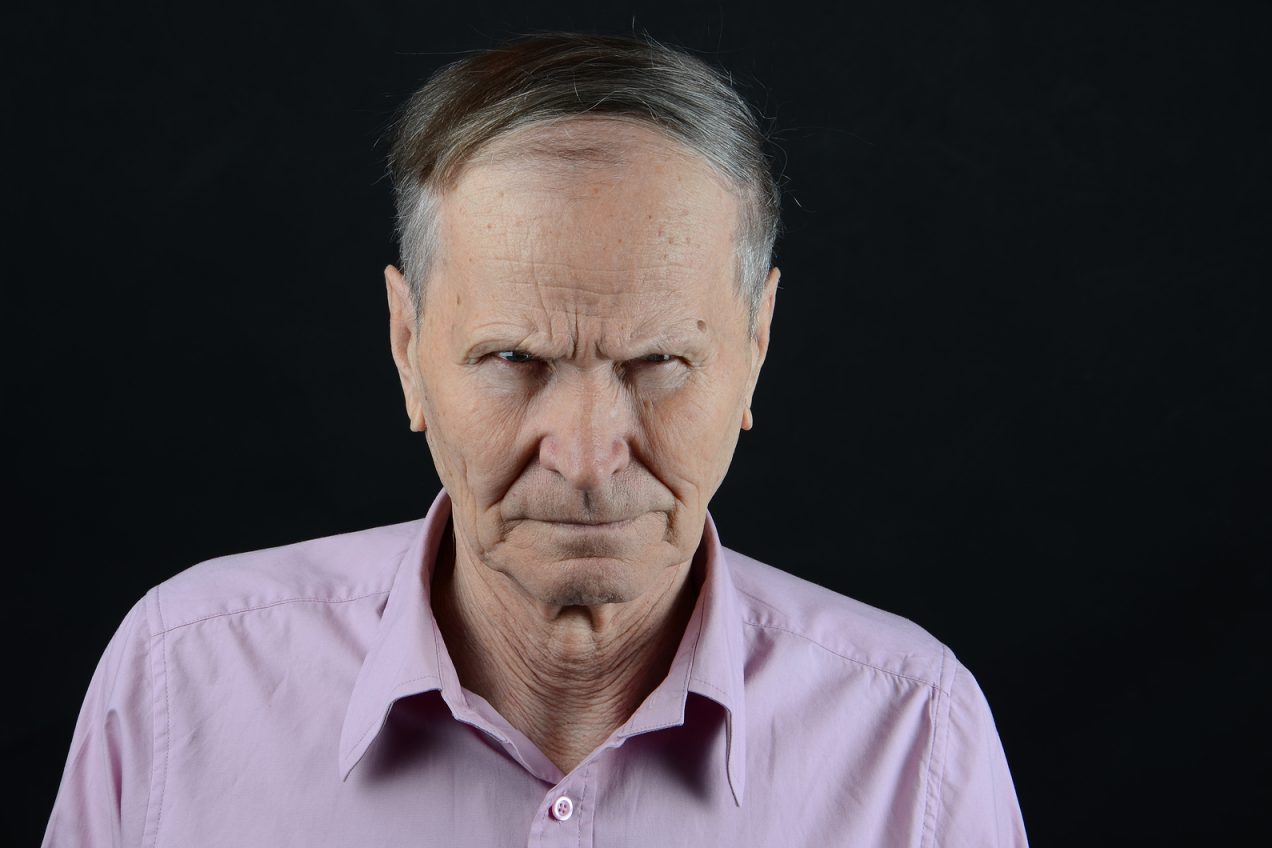The United States of America is addicted to narcotics. I do not mean the millions of individuals who are hooked. I mean the whole nation is jonesing for the stuff. I also do not mean the junk that slips into our nation in coffee cans or across midnight borders. I mean the billions of pills pouring off assembly lines. I could blame pharma or the FDA, but the truth is closer to home. The villains are those men and women who write prescriptions. It is time for doctors to say no to drugs!
Now let me be clear. I know pain. More exactly, I know the treatment for pain. I have fought with my cancer patients against an oppressive ocean of agony for 30 years. I know which drugs work, when to use them and when they will fail. I believe that pain for a cancer patient cuts deep to the soul and is a constant reminder of sickness and death. Every patient needs access to an aggressive array of pain medications, which must include appropriate narcotics. But, come on now, things are completely out of control.
In order to treat serious pain very well takes only a few narcotics. You need a short acting pill or liquid, a long acting pill, a topically absorbed medicine, and an IV medicine. It is a good idea to have one or two extras for allergies or reactions. Almost all pain can be treated with some form of morphine and perhaps a little fentanyl. High quality pain control can be achieved with less then 10 medicines. Nevertheless, the pharmaceutical plants shower a rainbow of me-too drugs, flooding the market with deadly compounds. Physicians fall right in line and write prescriptions for every new shiny tablet.
Here is a partial list: Actiq, Anexsia, Avinza, Bicodone, Buprenorphine, Butorphanol, Codeine, Damason-P, Darvocet, Darvon, Demerol, Di-Gesic, Dilaudid, Duodin, Duragesic, Duramorph, Embeda, Exalgo, Fentanyl, Fioricet, Fiorinal, Hycodan, Hydrococet, Hydrocodone, Hydromorphone, Kadian, Kapanol, Lorcet, MS Contin, MSIR, Meperidine,Methadone, morphine, Norco, Nucynta ER, Opana ER, Oramorph, Orlaam, Oxycontin, Oxycodone, Percocet, Roxanol, Roxicodone, Ryzolt, Tramadol, Tramal, Tylox, Ultram, Vicodin, Vicoprofen, Xodol, Zydone, and the newest and perhaps most controversial narcotic pain medication yet, sold in an easily abused capsule, Zohydro. You may notice that sometimes I list both the brand name and generic … because they are both available just to add to the confusion and abuse potential.
I could blame the FDA for approving over 50 prescription narcotics when we only need a few. However, the mandate of the agency does not allow it to consider the health of the nation as a whole. Rather, hampered by politics, poor funding and a belief that it is just a tunnel to the consumer, the FDA views only narrow safety and efficacy concerns of individual products and takes little consideration for their affect in the real world.
I would love to blame pharma. Why not, they are getting rich on the chaos? However, the drug industry is burdened with the bizarre philosophy that market forces and competition is the best path to a quality care, even if it leaves a few hundred thousand bodies lying around. Despite the blatant failure of US brand capitalism to produce a healthy society, we still act as if profit and sales success equals quality.
In addition, I cannot blame patients. They are the ones in fear. They are the ones who suffer. We cannot say to millions of cancer patients and others who experience levels of pain beyond the wildest Kafkaesque nightmare, that they should push back and refuse the “best and newest” pain-relieving solution. That would suggests a coldness and cruelty, which I do not feel, and our society fortunately does not share.
Therefore, I blame doctors. They should know better. They continue a humiliating history of responding to marketing instead of medical data. Rather than use research and scientific principals to conservatively choose basic drugs and techniques that work, they caw-tow to biased analysis, the easiest, the most expensive, and the latest Madison Avenue craze. In doing so they encourage the expensive manufacturing of unnecessary products and flood our society with so many different chemicals and compounds that no one can understand the affects and our society’s health is undermined.
Doctors have always had the power of the medical order. Nothing happens in healthcare unless somewhere, directly or indirectly, a doctor orders it. Their failure to take a stand, to force medicine to be data driven and view not only the patient on the table in front of them, but society as a whole, continues to lead us to disaster. The misuse of narcotics threatens not only those addicted and overdosed, but the rebound deprives suffering patients of desperately needed help. It is time for doctors to insist on the strictest standards for our patients and nation; the manufacture of medicines we truly need and outcomes based care. It is time for doctors to say, “No.”







11 Comments